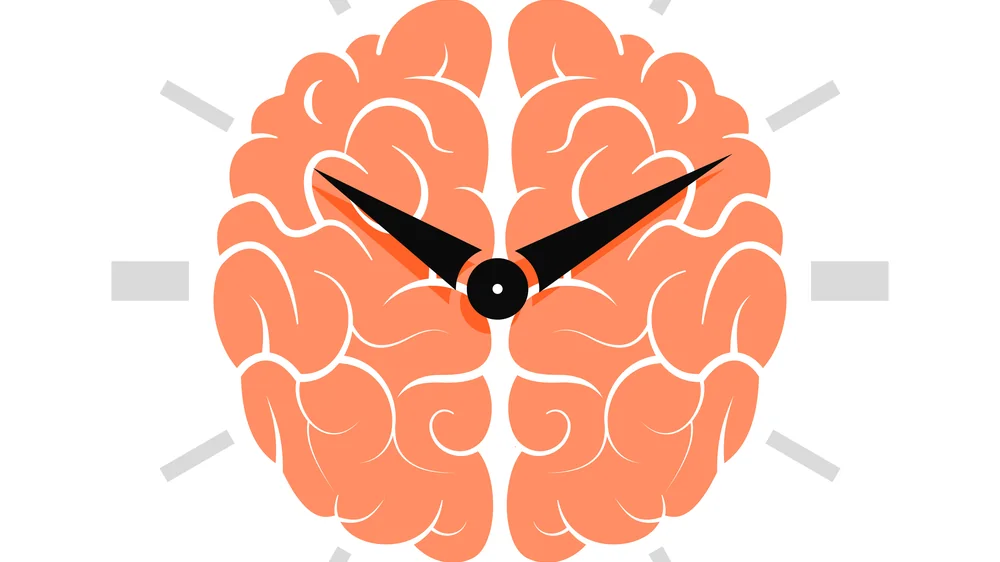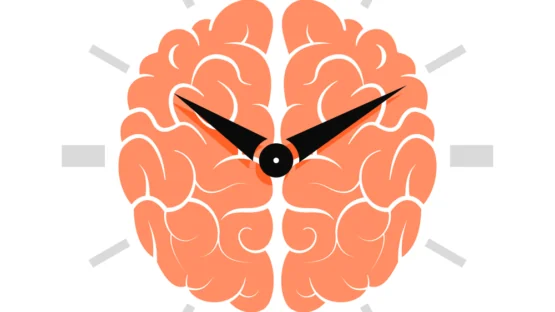Researchers publishing in Aging have found a correlation between cognitive decline and measurements of epigenetic aging.
Familiar epigenetic clocks

Read More
For this study, the researchers used four familiar epigenetic clocks: the first-generation Horvath and Hannum clocks along with the second-generation PhenoAge and GrimAge clocks, which are geared towards predicting morbidity and mortality. They also employed principal component (PC)-based versions of these clocks, which compare systemic variation between epigenetic CpG sites to limit the noise caused by individual sites [1].
The DunedinPoAm and DunedinPACE clocks, which are estimates of the rate of change of biomarkers rather than comparisons to chronological age, were also used.
A midlife study
This study employed data from a total of 48 participants in the Adult Health and Behavior project. Half of the selected participants maintained their cognitive function between assessments taken roughly 16 years apart (Maintainers), while the other half notably declined (Decliners). While their average chronological ages proceeded inerrantly from 44 to 60 at the rate of one year per year, their epigenetic ages were less firm.
On average, the Horvath and GrimAge clocks returned roughly correct comparisons to chronological age, while the Hannum and PhenoAge returned values that were considerably too young: seven and ten years at baseline, respectively. All of the clocks, except PhenoAge, showed that the average participant aged at approximately 4/5 of a year per chronological year.
Interestingly, the PC versions of three of these four clocks showed far different results from the normal versions. While the Horvath clock was largely unaffected, PC-Hannum showed a full fifteen-year increase compared to regular Hannum for both assessments, and PC-PhenoAge and PC-GrimAge returned values ten years greater than their counterparts (placing PC-PhenoAge close to chronological age).
With these average values in hand, the researchers focused on their true metric: the differences between Maintainers and Decliners.
Cognitive decliners age faster
According to the PC-GrimAge clock, the Decliner group experienced two additional years of epigenetic aging compared to the the Maintainer group. The DunedinPoAm and DunedinPACE measurements supported this result. Even when controlling for immune system activity, these results remained statistically significant. The PC-Horvath, PC-Hannum, and PC-PhenoAge clocks did not show significant results.
The researchers then examined the relationship between specific cognitive tests and aging. The Stroop Color-Word test was found to be significantly correlated with PC-GrimAge, and the Trail A-B test was found to be significantly correlated with PC-GrimAge and the Dunedin measurements.
Poor performance on Trail A, Stroop Word, and Matrix Reasoning were also correlated with faster DunedinPACE but not with the other measurements. Working memory measurements did not seem to be correlated. Other measurements of executive function appeared to be correlated with measurements of epigenetic aging, but this data was not statistically significant.
Conclusion
While this study showed significant results, it seems probable that a larger cohort would have produced stronger evidence, providing more statistically significant data and minimizing the effects of statistical outliers. A clock specifically geared towards brain deterioration, such as PCBrainAge, might also have been informative.
Causality was not discussed in this study whatsoever. The effects that cognitive decline and epigenetic aging have on one another, and the existence of common factors that affect them both in similar ways, are still open questions that merit further study.
If the basic biological aspects of long-term cognitive decline can be thoroughly studied, this might lead to treatments that affect them at their root, thus leading to cognitive aging trajectories that are considerably below one year per year.
Literature
[1] Higgins-Chen, A. T., Thrush, K. L., Wang, Y., Minteer, C. J., Kuo, P. L., Wang, M., … & Levine, M. E. (2022). A computational solution for bolstering reliability of epigenetic clocks: Implications for clinical trials and longitudinal tracking. Nature aging, 2(7), 644-661.




